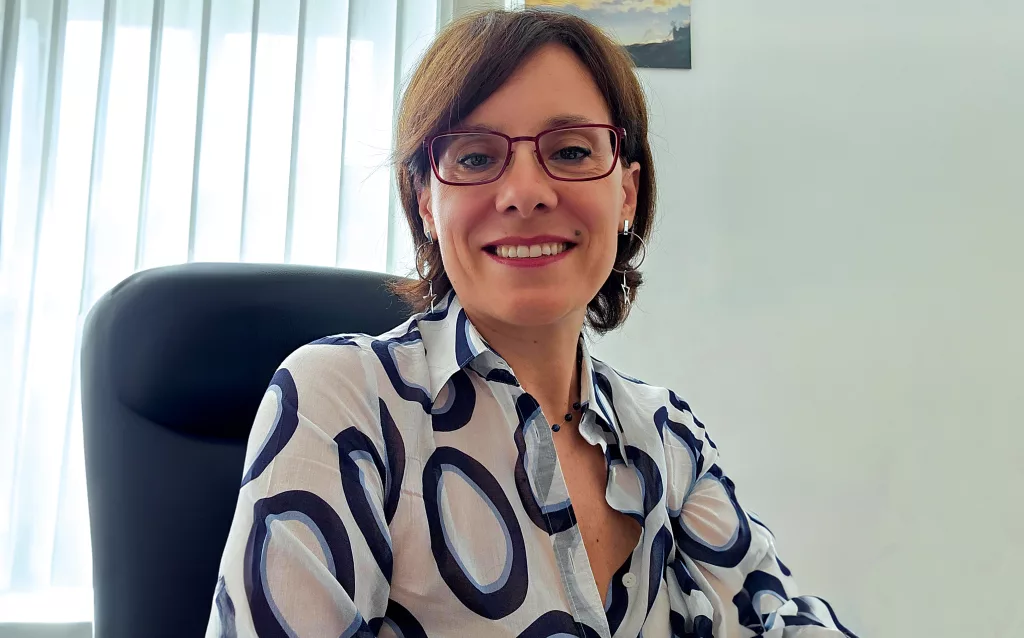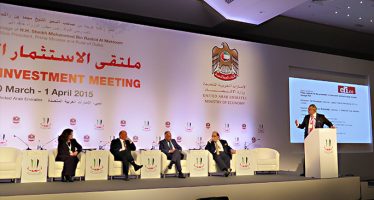It’s All About Strategy — and Eurofer Has That Under Control
Italy-based Eurofer Pension Fund exploits the potential of diversification and risk-adjusted returns.
In today’s dynamic financial environment, pension funds must optimise investment strategies to ensure sustainability and returns.

General Director: Elsa Placanica
A key trend emerging is a shift towards alternative investments, particularly in private markets, as funds seek to diversify their portfolios and enhance risk-adjusted returns.
“The attraction of secondary private equity lies in its ability to offer rapid portfolio diversification through the acquisition of shares in existing private equity funds,” explains Elsa Placanica, general director at Eurofer Pension Fund.
Another significant development is the growing preference for direct investments in alternative investment funds (AIFs) over allocations to alternative investment fund managers (AIFMs). This brings several advantages: transparency, lower management fees, and greater flexibility in investment decisions.
Direct AIF investments allow pensions interests to be aligned with those of the fund, mitigating potential conflicts of interest and enabling more effective investment monitoring via timely, detailed reporting.
For pension funds new to private market investments, a strategic approach to portfolio construction is crucial. Many funds opt to begin with asset classes that offer stable cash flows and predictable returns — real estate, direct lending and infrastructure. This strategy allows funds to build a solid foundation in private markets while developing expertise and familiarity with these complex investment vehicles.
As funds gain experience and confidence in alternative investments, they may explore more sophisticated options to further diversify their portfolios. Secondary private equity investments have emerged as an attractive next step for many pension funds. This asset class offers significant diversification benefits, providing exposure to market dynamics and performance patterns that may not correlate with other portfolio holdings.
The appeal of secondary private equity lies in its ability to offer rapid diversification through the acquisition of stakes in existing funds. This benefits risk management, as funds can assess historical performance and underlying assets before committing. Secondary investments often target more mature companies, potentially offering more stable returns than primary private equity investments in early-stage or growth-phase businesses.
But the transition into private markets is not without challenges. These investments typically come with higher costs than public market alternatives, including substantial management and performance fees, as well as administrative expenses.
“The ‘value for money’ concept becomes critical in assessing whether these additional costs are justified by potential benefits,” says Placanica, “such as higher returns and unique diversification opportunities not available in public markets.”
As funds navigate this complex landscape, careful consideration is paid to fee structures during the AIF selection process. The potential for enhanced returns must be weighed against the impact of higher fees on long-term performance.
“The key lies in thoughtful portfolio construction, strategic asset allocation, and rigorous due diligence in manager selection and fee negotiation,” says Placanica.
The evolving strategies reflect a broader shift towards more sophisticated and diversified portfolios. By balancing risk and reward, particularly in private markets, pension funds can meet their long-term obligations while maximising returns.
“The key lies in thoughtful portfolio construction, strategic asset allocation, and rigorous due diligence in manager selection and fee negotiation,” Placanica sums up.
You may have an interest in also reading…
Strengthening the Custody Chain: Bank One Supports Africa’s Private Capital Evolution
Adecade ago, fewer than one in ten African pension funds reported exposure to private capital. In 2024, Preqin’s Institutional Allocation
Annual Investment Meeting (AIM), Ministry of Economy, United Arab Emirates, 2015
AIM 2015, which was held from 30 March – 1 April at the Dubai international Convention and Exhibition Center, focused
Egypt: Set for Growth and Showcasing Opportunities
As the most populous Arab country with over 88 million inhabitants, Egypt has a definitive edge over most other emerging

















































































